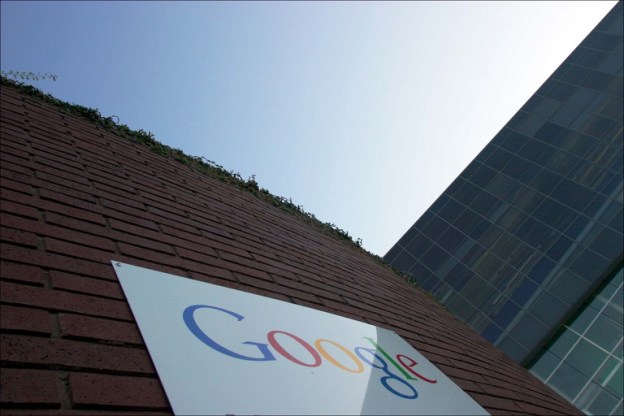
Whether it’s from collecting unsecured Wi-Fi data via Street View vehicles, changing privacy policies to public consternation, or just ignoring Do Not Track settings on Web browsers, Google finds itself facing more and more attention from government watchdogs these days. And it’s dealing with such scrutiny in the old-fashioned way: Trying to spend its way out of the spotlight.
The New York Times is reporting that Google spent $5.03 million on political lobbying in the first quarter of the year, not only a staggering 240 percent increase on political spending in the same time period of 2011, but also more money than Amazon, Apple, Facebook and Microsoft spent on lobbyists combined in the same three months. (Of those companies, Microsoft spent the most with $1.79 million, followed by Amazon with $870,000, Facebook’s $650,000 and Apple’s $500,000.)
Google claims that such spending is merely the result of wanting to be engaged in important conversations. Spokesperson Samantha Smith told the NYT that “there are a number of technology issues being debated in Washington,” adding that those issues are “important issues and it should be expected that we would want to help people understand our business.”
Others see the amount as a sign that Google is abandoning its famous slogan. “Google claims its motto is ‘Don’t be evil,’” says the privacy project director of Consumer Watchdog, John M. Simpson, “but the amount of cash they are throwing around demonstrates an astounding cynicism.”
Cynical or not, Google’s lobbying spending doesn’t show any sign of slowing down as the election year heats up, with the company employing 12 outside lobbying firms and 11 staff lobbyists that span the political spectrum from former Democratic House leader Dick Gephardt to former Republican representative Susan Molinari, who heads the company’s Washington, DC operation. Cynical it may be, but as Art Brodsky of digital rights organization Public Knowledge argues, it’s also necessary: “The more Google expands, the more it gets into other people’s business. They’ve always had a huge target on their back with telecom issues, but now they’re on everyone’s radar. The sad reality is that if you don’t defend yourself here, you’re toast.”
